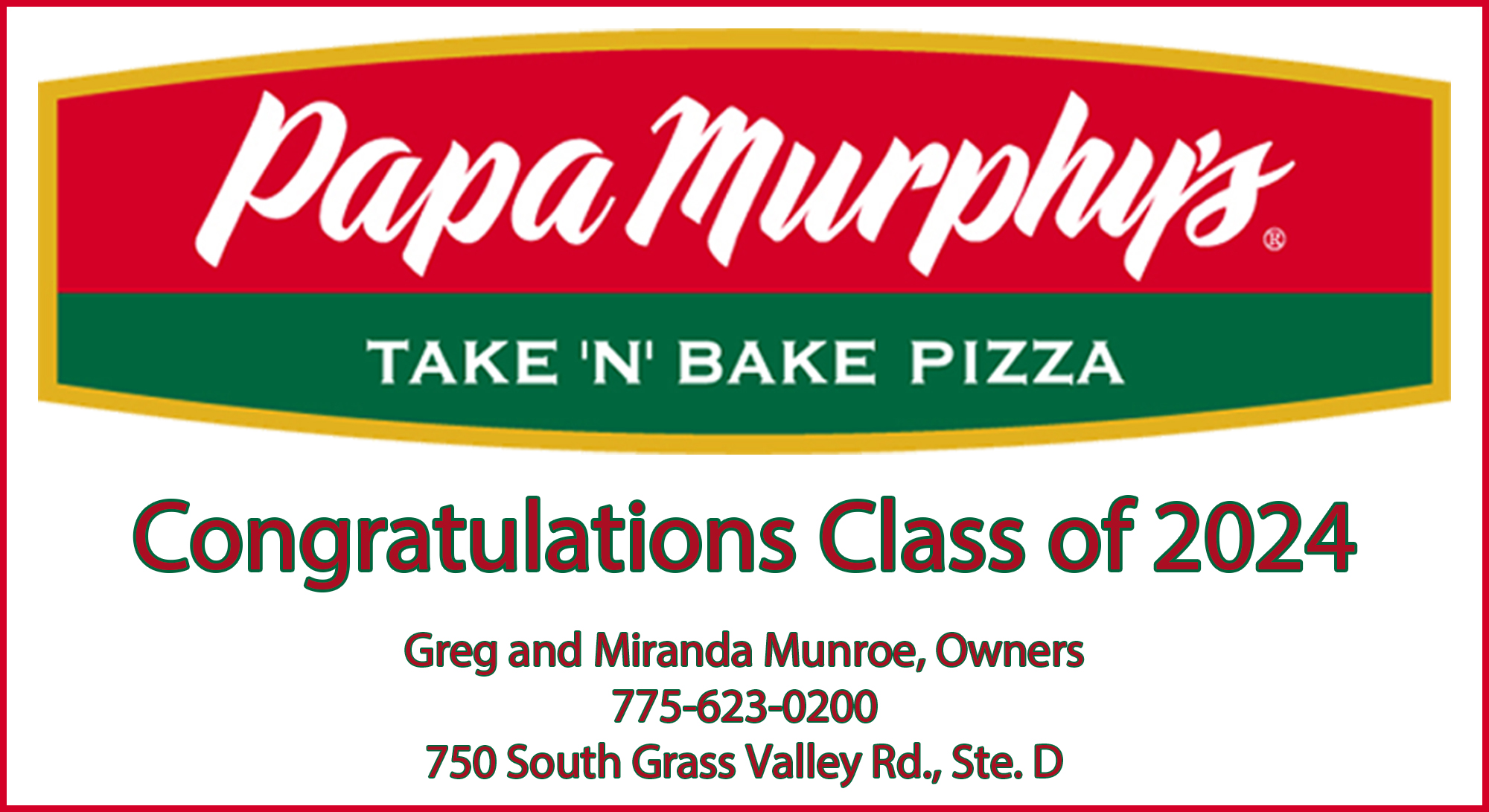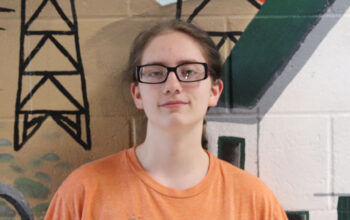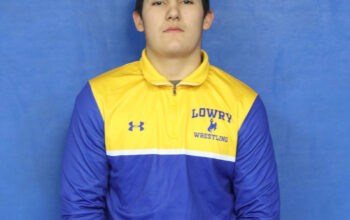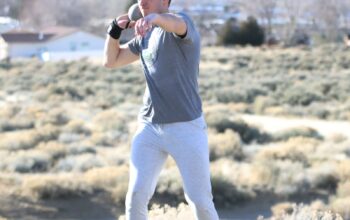By Brandon Eastman and Marc Esquivel Posted February 15, 2012
“Even when the obstacles are great and the result appears to be futile, people respect those who have the strength to fight back. This is how we felt about our culture,” said Itxaso Criswell.
The Basques are a race with a homeland but without a nation. They occupy a region that flows into Spain and France and includes the coastline of the Bay of Biscay and the Pyrenees Mountains. The Basque country includes three regions of France and four provinces of Spain and is barely bigger than the state of Nevada. Some historians believe that Basques are Europe’s earliest settlers, living there for at least 5,000 years.
“Although all the conveniences of the modern world exist there, you still can experience the feeling of being in the ‘Old World’,” said John Iroz.
Basque people refer to themselves as Euskaldunak, which means “the speakers of Basque,” and the unique official language of the Basques is Euskera. This language has not been able to be linked with any other spoken language in the world.
According to the latest surveys, the majority of the Basques in the Basque Country believe that the main condition to consider a person Basque is “to feel Basque”. “Feeling Basque” can include things such as: speaking Euskera fluently, being born in the Basque country, or even simply participating in things such as Basque dancing. Basque diaspora (the name given to the people who still recognize the Basques, but no longer live in their native homeland) identity has a more literal definition, in which you will identify yourself based on the language or your ancestry, or in other words, the culture.
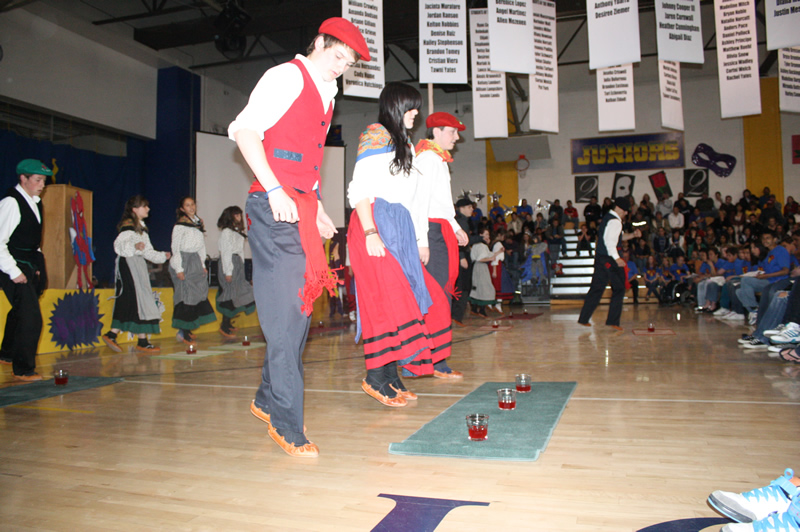

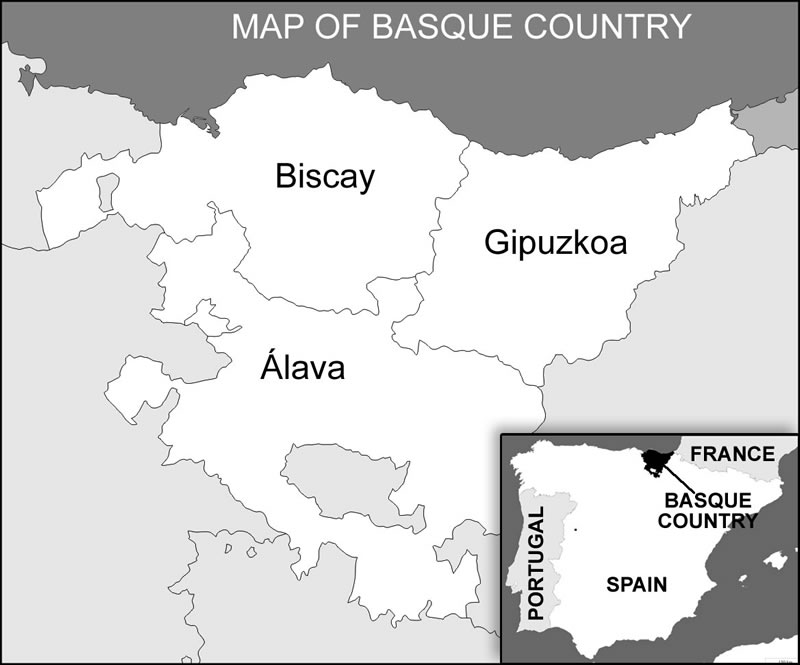
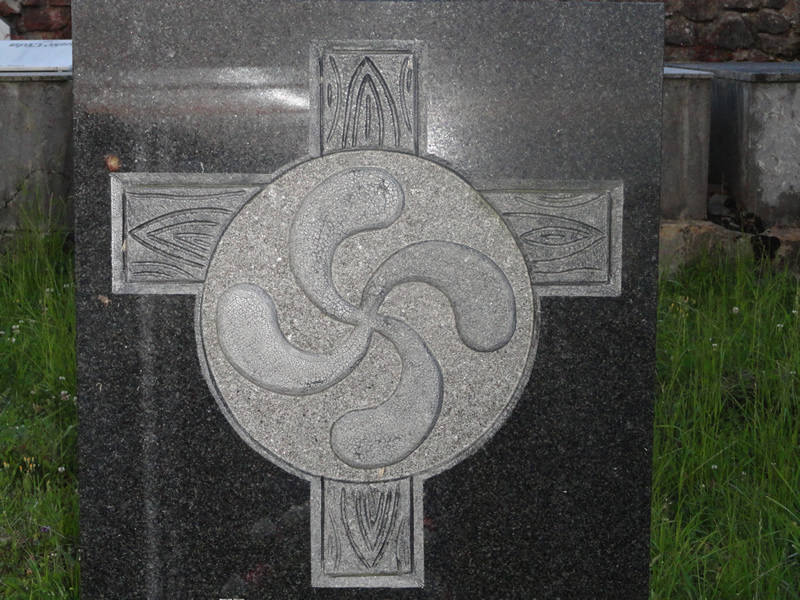

Iroz said, “Basque people are proud of the uniqueness of their language.”
“Being Basque” is a concept that has changed and evolved enormously over the years. In earlier times, it basically meant that you had an unusual name and were always having to answer questions about who you are and where you came from.
“If you participate. If you’ve got the Basque culture in your blood and you participate, you’re there,” said Junior Jeremiah Maestrejuan.
According to the 2000 census, there were about 57,000 people of Basque descent living in the United States. However, before the 1980 census Basques never had their own federally recognized category; they were usually classified as either Spanish or French.
FACTS
• The official Basque language is known as Euskara.
• The only Center for Basque Studies is located at the University of Nevada-Reno.
•The “Basque Country” is considered to be a region between Spain and France.
•Before the 1980 census, Basques never had their own federally recognized category.
“It seems like it’s dying down, to be honest. Nobody is 100% Basque anymore,” said Maestrejuan.
Criswell said, “Today, the majority of Basque youth are second, third, and fourth generations.”
The largest concentration of Basques in America is in the Boise region where approximately 15,000 Basque Americans live. Boise also hosts the world-famous International Basque Festival, Jaialdi, which takes place every five years (next in 2015). Jaialdi features spectacular cultural dances and musical exhibitions as well as sporting competitions like weightlifting, wood chopping and other competitions indigenous to the Basque people.
“It’s a good time, it’s fun the entire time. Everybody dances and I love dancing, so that’s cool. And you always eat good, you get some crazy Basque dishes,” said Maestrejuan.
Winnemucca also has a large concentration of Basques and hosts its own annual Basque festival that celebrates the dance, cuisine, and cultures of the Basque people who arrived in the United States in the 19th century. There is a local Basque dancing group, called the Irritzni Basque dancers, with which several students at Lowry are involved.
Senior Julia Dufurrena said, “We went to the National Basque Festival two years ago, which was in Boise and everyone comes and we meet in Boise and there’s a huge party. There’s lots of wine drinking and Basque dancing and crazy Basque people and then every year, here, in the summer there’s the Winnemucca Basque Festival.”
Individuals can, and will, experience identity in different ways due to our different ages, generations, diverse socio-economic and historical backgrounds, political traditions, and geographical locations. Everybody identifies with certain collective identities, much the same as the Basques. Different people relate to different aspects of the Basque collective identity such as ancestry or language over others, but it is still important to extend the culture within families.
“My family fought [literally] to keep it alive and I have a responsibility to honor their sacrifices by passing it down to my children,” said Criswell.
The only Basque Studies Center in America is located at the University of Nevada-Reno.
Basque Studies includes questions and theories of individual and group identity and answering the why, how, when, and where of human development. By understanding the Basque experience we can look for patterns in human behavior and then compare them to other ethnic groups for similarities and differences. Basques also have an endangered culture and language, and in the same manner that we work to protect endangered species, it is essential that we protect endangered human cultures. University research centers attempt to conduct quality research, following a scientific method, in order to explain why things are they way they are. We try to describe, explain, and then predict or generalize to other circumstances and situations. Modern Basque culture includes similarities to any other modern culture in that they attempt to answer questions about human existence and improving the human living condition.
“In America, the Basque culture has become more prevalent in the West, and Euskadi [the Basque homeland] is becoming modernized,” said Criswell.
The media also has an enormous impact on the general public opinion of the Basque people. The media is utilizing global technologies in order to set up diverse political, economical, and cultural agendas.
“The social network has changed everything,” said Criswell.
There are several Basque diasporas and several Basque identities. Nobody ever says: “Wow, she is really American” or “She is more American than me”. However, people tend to have these feelings about Basques.
“Basque people it’s just like, ‘Oh, dude, dang, that guy’s Basque. He’s cool,’” said Maestrejuan.
Many people today think of modern Basques as “decaffeinated Basques”.A Basque American’s understanding of Basque culture depends on several variables, including their generation/age and whether or not they’ve ever been to the Basque Country.
Language is one of many identifying factors for ethnic groups along with religion, homeland, shared memories and shared myths of history, shared ancestry, culture and traditions, sport, cuisine, music, and art. Who is to tell another person what they have to do, feel, or be in order to be Basque?
“You live a lifestyle where you support other Basques; you’re close with other Basque families and you just grow up around it,” said sophomore Joseba Criswell.
“Basques have always been a very family-oriented culture,” added Itxaso.
Sources: Buber.net/Basque and Amerikanuak! Basques in the High Desert

